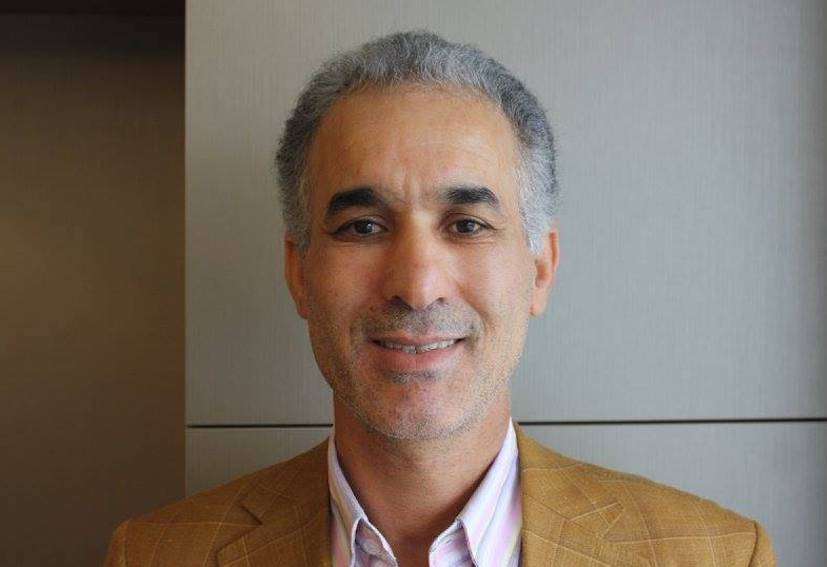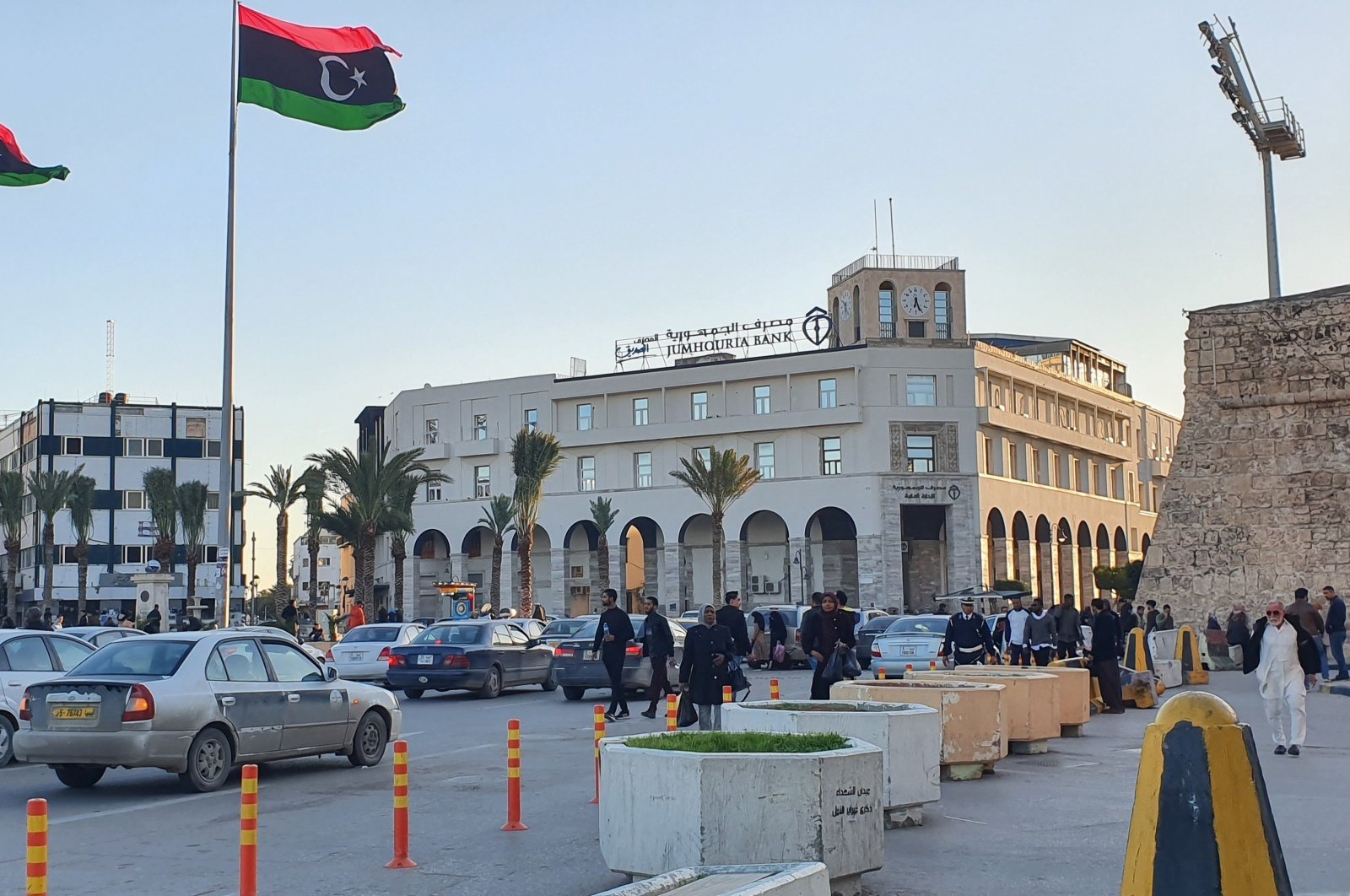Dr. Mustafa Fetouri: Libya’s decline into a ragdoll nation
Alisa Butterwick, Opinion editor February 18, 2025 0
If you are a regular observer of events in Libya, you must have noticed the high pitch of diplomatic activities carried out by the United States Special Envoy, Richard Norland, the US Chargé d’Affaires Jeremy Berndt, or both as they roam the country meeting officials and visiting places. The same goes for the UK ambassador, while less so for the French ambassador. Knowing how proud Libyans are of their history and their cherished independent country, you would feel the country has hit rock bottom in being humiliated and undignified by others, contrary to its recent history—more on that later.
When US diplomats retreat a little, their role is taken up by the American military, especially the AFRICOM leadership. Hardly a month passes without some AFRICOM top brass visiting Libya, meeting with politicians and military commanders in both East and West of the already divided country, as if Libya is part of AFRICOM when, in fact, it does not even have a united military institution. In divided Libya today, there are two competing governments, each with its own so called military command, further making partition a fact of life.

American diplomats treat their social media followers to a weekly barrage of posts describing their activities, where they have been and with whom they have met. Any Libyan official they have not been able to meet in Tripoli, they usual host in their Tunis alternative embassy as most Libya-credited US diplomats operate out of neighbouring Tunisia for security reasons. Most posts are usually accompanied by photographs, making it difficult to deny.
Many Libyan officials are not keen on denying such encounters. In fact, many of them seem to like the public display of their photos along with American visiting officials or resident diplomats, believing, so naively, that such showing means support for them by the US government and that this will keep them in power. In reality, though, the general public is usually resentfully critical of such showing. One wonders if such officials do actually read comments on such posts on social media.
You would also have noticed that their excessive activities are usually met with barrages of rejection, contempt and condemnation from their Libyan social media followers, as evident by the public comments on these posts. Out of any hundreds of comments, it is difficult to find a single one that is positive or supportive of their actions. Most comments accuse the Western diplomats, with focus on the Americans, of interfering in Libya’s internal affairs, hampering the country’s ability to pull out of its political mess.
Most Libya credited diplomats are freely roaming the country, while it is not uncommon for host countries to restrict the movement of credited diplomats within their territories. Within or without the 1961 Vienna Convention on Diplomatic Relations, governing diplomatic relations between states, different governments decide where foreign emissaries can go and whom they meet. The United States, the United Kingdom, Saudi Arabia, North Korea and many other countries restrict foreign diplomats’ mobility and the purpose of their visit to certain places. For example the US State Department has, on numerous occasions, restricted the movement of North Korean, Iranian and Libyan diplomats within New York City itself, despite the fact that such envoys are credited to the United Nations not to the US government, which is only hosting the international organisation.
“It is a pity to see how once proud and independent Libya ended up not only as a base for foreign troops but also a threat to its own independence”
Libyans, generally speaking, are extremely proud of their recent history and that of their country. They take special pride in the fact that their country may be the only one across Africa that used to celebrate three occasions in which foreign forces were expelled from Libya. Every year, until 2011 when the country was destroyed by Western powers in what became known as the Libya Revolution, Libyans used to celebrateannually three occasions in which foreign forces were expelled from Libya. In March 1970, just six months after coming to power, the late Colonel Muammer Gaddafi ordered the evacuation of all British forces based in El Adem/Tobruk complexes. Three months later, he expelled the American military from its huge Wheelus Air Base, nicknamed “Little America”, given its area East of Tripoli. And, in October of the same year, Gaddafi expelled some over 20,000 Italian settlers who used to control almost all major economic activities, with the exception of oil which was dominated by US companies, in the country.
Yet, today, Libya is being pulled apart by competing politicians aligned with foreign powers welcoming not only their political meddling but also foreign troops to come back to the same bases they were once expelled from. Turkiye, today, has regular troops and Syrian mercenaries stationed in at least three bases in Western Libya, Italy has a contingent of unknown number stationed in Misrata and Tripoli, while Russian forces dominate much of Eastern and Southern Libyan military bases.
In both cases, foreign forces were welcomed back to Libya because local politicians, including General-Marshall Khalifa Haftar, in the Eastern region, wanted them. While the United Nations recognised Tripoli government signed a security deal that permitted the deployment of the Turkish army to defend against Haftar’s invasion of the capital, Tripoli, which ended in defeat in 2019-2020.

According to the 2020 UN estimates, there are some 20,000 foreign forces, including mercenaries, in Libya, spread out in at least ten locations. The very presence of such forces, regardless of whether they are brought in legally or otherwise, violates half a dozen UN Security Council resolutions that consider their departure as a prerequisite for Libya’s future stability and progress.
While the UN passed several resolutions calling for the withdrawal of foreign fighters and regular foreign troops from the country, the organisation failed to force such a departure. Even the military commission, known as 5+5 Joint Military Committee, established by the UN, failed to force any foreigners to leave Libya, despite such a task being one of its core missions along with monitoring and enhancing the ceasefire in place since 2020.
READ: Libya in desperate need of stability
It is a pity to see how once proud and independent Libya ended up not only as a base for foreign troops but also a threat to its own independence, as it finds itself, once more, in the crosshairs of foreign powers such as Russia and NATO, each of whom wants to dominate the North African country for its own security needs. Almost all major and regional world powers, today, meddle in Libya while all of them accept and endorse all relevant UN resolutions that call for such activates to end immediately, a case of world-class hypocrisy at the highest level!
The views expressed in this article belong to the author and do not necessarily reflect the editorial policy of Maghrebi.org. Mustafa Fetouri is a Libyan academic and freelance journalist. He is a recipient of the EU’s Freedom of the Press prize.
If you wish to pitch an opinion piece please send your article to alisa.butterwick@maghrebi.org.
Want to chase the pulse of North Africa?
Subscribe to receive our FREE weekly PDF magazine













